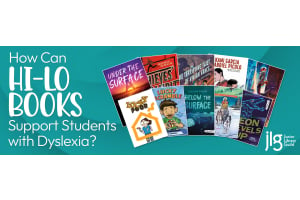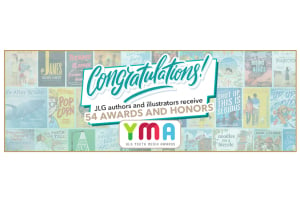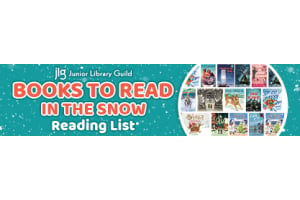Engage Your Readers with Podcasts This Summer


With the end of the school year quickly approaching, are you looking for ways to keep your readers’ minds stimulated? Marcie Atkins, a teacher librarian at Belvedere Elementary in Falls Church, VA, has an excellent suggestion, as she explains in a recent article for the School Library Journal.
Marcie uses podcast as one of the many tools she offers her students to help them engage with new information.
“It gives students an opportunity to learn information in other ways besides just reading,” Marcie says. “As adults, we often get information through various media: reading, watching videos or TV, and listening to the radio or podcasts. I want students to experience that as well.”
A survey by Kids Listen, a grassroots organization that advocates for quality children’s audio content, found that 80 percent of kids listened to their favorite podcast more than once, and almost three-quarters enjoyed discussing what they’d heard. Clearly, podcasts are resonating with students in a very real way.
This is great news as we move into the season of summer trips and family travel, as parents will want to help their kids occupy their minds on the plane or in the car. Informative, thought-provoking podcasts are a great option.
Jonathan Messinger, co-chair of Kids Listen and creator of the science-fiction adventure podcast The Alien Adventure of Finn Caspian, suggests assisting students in producing their own podcasts. Often referred to as kidcasts, these podcasts created by and for younger audiences are gaining popularity. They’re most often shared with school and library communities, and they give kids the opportunity to learn new skills and flex their creative muscles. What’s more, when the kidcast discusses a topic the students have read about in class or independently, it can help them to develop or reinforce their interest in books.
As Carissa Christner, youth services librarian at the Alicia Ashman Neighborhood Library in Madison, WI points out, the ease of subscribing and downloading to podcasts means they’re a simple way to make quality content more readily available to kids. Carissa recommends the kids’ media blog “Zoogobble” and the Kids Listen app, which provide popular podcasts appropriate for children, already vetted by experts.
If you want to give podcasts a shot with your readers, here are a few suggestions:
- Cue episodes before story time. Playing music or excerpts from relevant podcasts before delving into a book can be a great way to help kids get ready to listen to a story.
- Get together with podcast creators. Connecting kids with people who know the ropes can both get them interested in podcasts and give them the confidence to create their own. You might consider inviting podcasters to visit your library and chat with kids about what they do.
- Connect with kid creators. Consider providing courses or workshops that give young creators the tools they need to implement their ideas.
- Jump-start discussions. Use podcasts as an entry point for discussions about broader, educational topics. For example, Kitty Felde, creator of the Book Club for Kids podcast, says she used the book Giant Squid, along with an interview with the authors on the All the Wonders podcast, to spark a conversation about ocean wildlife.
- Host a podcast petting zoo. Try setting up several tablets, each with a different podcast cued up and a description posted of what the podcast is about. Allow the kids to explore, listen, and discover which ones they enjoy most.
- Become a contributor. If working with your students to create their own podcast is too time-consuming, there are ways for them to contribute to already existing podcasts, like But Why: A Podcast for Curious Kids. Produced by NPR, it features a regular Q & A. You can simply record your students on your phone and send the digital file to the podcast’s producers.
As you make plans for engaging your readers this summer, we highly recommend incorporating podcasts whenever possible. They’re easily accessible, popular, entertaining, and informative.
Reference: Prime Time for Podcasts by Linda Rogers, School Library Journal










